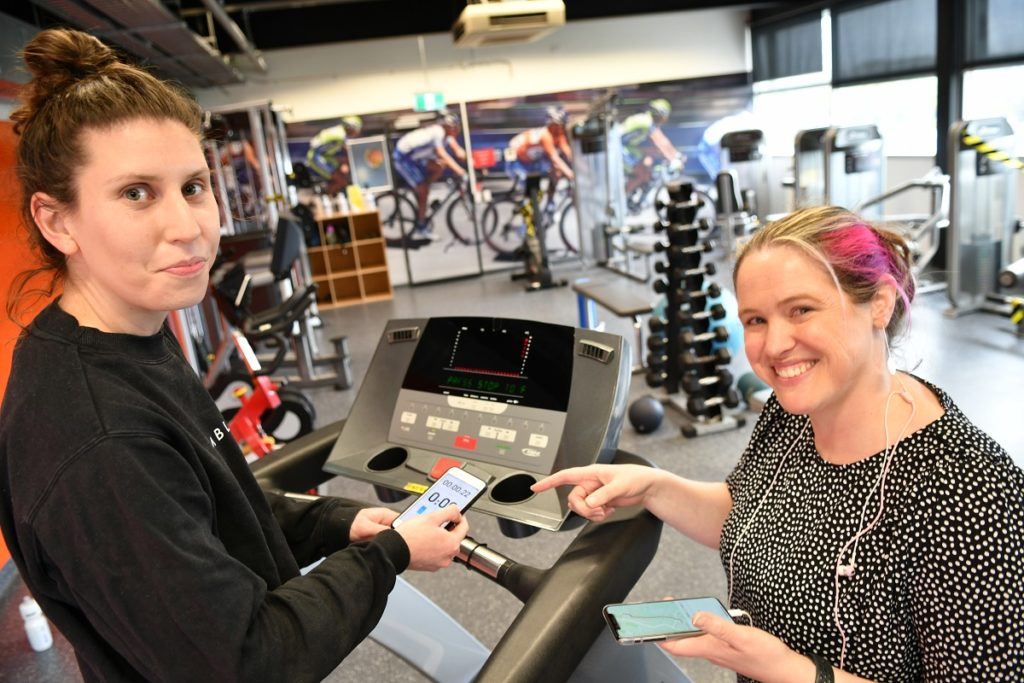As the Australian Open continues in full swing, a new study can reveal female tennis coaches experience significantly more barriers in their profession - including discrimination and marginalisation - than their male counterparts, with fewer than half seeing themselves continuing as coaches long term.
Led by Dr Jasmine Petersen from Flinders University's Caring Futures Institute, the study interviewed 243 Australian tennis coaches, a third of which were women, assessing their motivation and barriers towards coaching and the support they received.
"Women coaches continue to be a minority in sport and tennis is no exception, with only 20% of tennis coaches globally being women and 26% within Australia," says Dr Petersen, also a Research Fellow at UniSA.

"The underrepresentation of women in tennis coaching not only limits diversity but also diminishes the visibility of role models who can inspire the next generation of players and coaches.
"Tennis Australia is looking to increase female participation so in order to address this disparity we need to understand from both male and female coaches, what motivates them, what support do they need and what factors make them want to walk away."
Published in the Journal of Sports Sciences, the study found women coaches reported significant barriers to their coaching careers, including limited opportunities for leadership roles, and experiences of exclusion within professional networks. Additionally, women coaches reported facing challenges in balancing work-life responsibilities.
The key finding however was the concerning trend of women likely to leave the profession early, with fewer than 42% reporting they were likely to commit to coaching for over 10 years, compared to 55% of men.
"The retention of male coaches seemed to be strongly linked to their level of motivation and self-identity, and while women coaches also exhibited high levels of motivation, passion for the game and desire to make an impact, this may not be enough to overcome the significant barriers they face," says Dr Petersen.
"This suggests that their ability to persist in coaching roles may be more dependent on external factors, such as systemic support and organisational change. It is therefore vital that sporting organisations work to dismantle gender norms and stereotypes and normalise women in coaching roles.
"Our findings show social support is key, so initiatives such as mentoring and networking would go along way to creating a more supportive environment for both men and women coaches, and make more meaningful steps toward achieving gender balance in coaching," added Dr Petersen.
The paper, 'Exploring the gendered experiences of Australian tennis coaches: A cross-sectional survey of women and men tennis coaches' by Jasmine M. Petersen, Shane Pill, Kate Ridley, Deborah Agnew and Ivanka Prichard is published in the Journal of Sports Sciences. DOI: 10.1080/02640414.2024.2425906. This research was supported by Tennis Australia through an Australian Sports Commission federal government grant.






